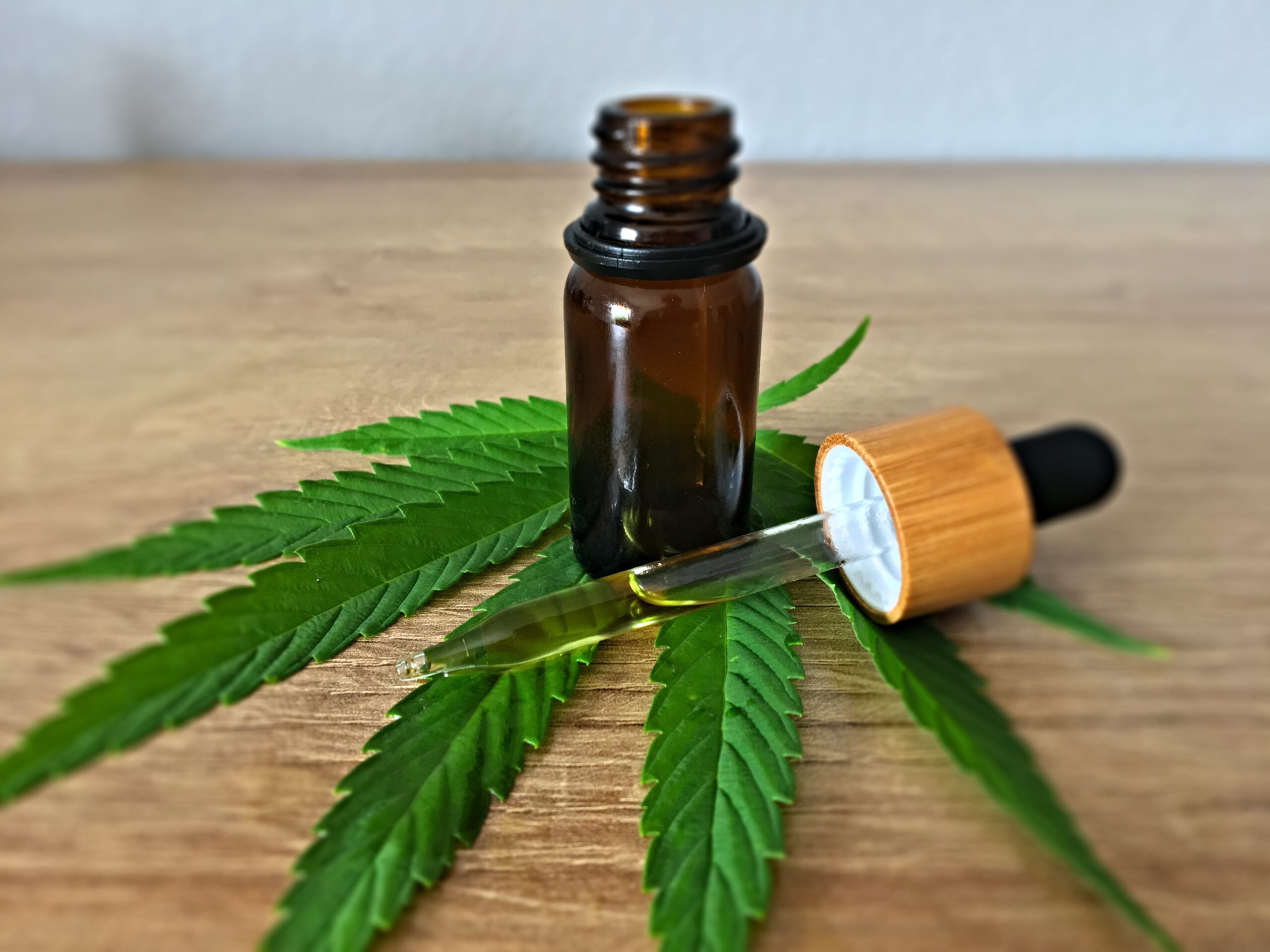Medical Marijuana Evaluations

A medical marijuana evaluation involves a consultation with a licensed physician. You need to make a special appointment. No matter where you live, you can’t get an MMJ card without a doctor’s approval, and you can’t get their approval without an evaluation. The process involves the medical professional assessing your candidacy. This would be done as a telemedicine consultation. Please be prepared for at least 20 to 30 minutes for a doctor’s interview.
The doctor reviews your medical history and asks you a few questions to see if you are eligible. You may need to present evidence that you have one of the current qualifying medical conditions. Please, to avoid delay in the process, it would be advisable to submit your medical records that include the information needed ahead of time. Sending it by mail, e-mail or fax are considered secure and HIPPA compliant methods. Keep in mind we provide evaluation services, and our fee is for the consultation. Approval will depend on the evidence we get to see if the patient qualifies.
In certain states, such as New York and Pennsylvania it is possible to conduct the entire evaluation online! New York State allows to make the approval also on line and to get a temporally card on the web. Pennsylvania instead has a more complicated process that involves to have the patient calling the Department of Health Medical Marijuana Program to pay for the card and get it on the mail. We will address the individual situation during the consultation. Details regarding each state regulations can be found in their own web sites. Their links will be available at the bottom of the page.
New York Qualifying Conditions
- 1 Amyotrophic Lateral Sclerosis (ALS)
- 2 Cancer
- 3 Chronic Pain
- 4 Damage to the nervous tissue of the spinal cord with objective neurological indication of intractable spasticity
- 5 Epilepsy
- 6 HIV/AIDS
- 7 Inflammatory Bowel Disease
- 8 Huntington’s Disease
- 9 Multiple Sclerosis
- 10 Neuropathy
- 11 Opioid Use Disorder (only if enrolled in a treatment program pursuant to article 32 of the mental hygiene law.)
- 12 Opioid Replacement
- 13 Parkinson’s Disease
- 14 Post-traumatic Stress Disorder (PTSD)
Pennsylvania Qualifying Conditions
- 1 Amyotrophic Lateral Sclerosis (ALS)
- 2 Anxiety Disorders
- 3 Autism
- 4 Cancer
- 5 Crohn’s Disease
- 6 Nervous tissue damage of the spinal cord with Spasticity, and other associated neuropathies
- 7 Dyskinetic and spastic movement disorders
- 8 Epilepsy
- 9 Glaucoma
- 10 HIV/AIDS
- 11 Huntington’s Disease
- 12 Inflammatory Bowel Disease
- 13 Intractable Seizures
- 14 Multiple Sclerosis
- 15 Neurodegenerative Diseases
- 16 Neuropathies
- 17 Opioid use disorder for which conventional therapeutic interventions are contraindicated or ineffective, or for which adjunctive therapy is indicated in combination with primary therapeutic interventions
- 18 Parkinson’s Disease
- 19 Post-traumatic Stress Disorder (PTSD)
- 20 Severe chronic or intractable pain of neuropathic origin or severe chronic or intractable pain
- 21 Sickle Cell Anemia
- 22 Terminal Illness
- 23 Tourette Syndrome
